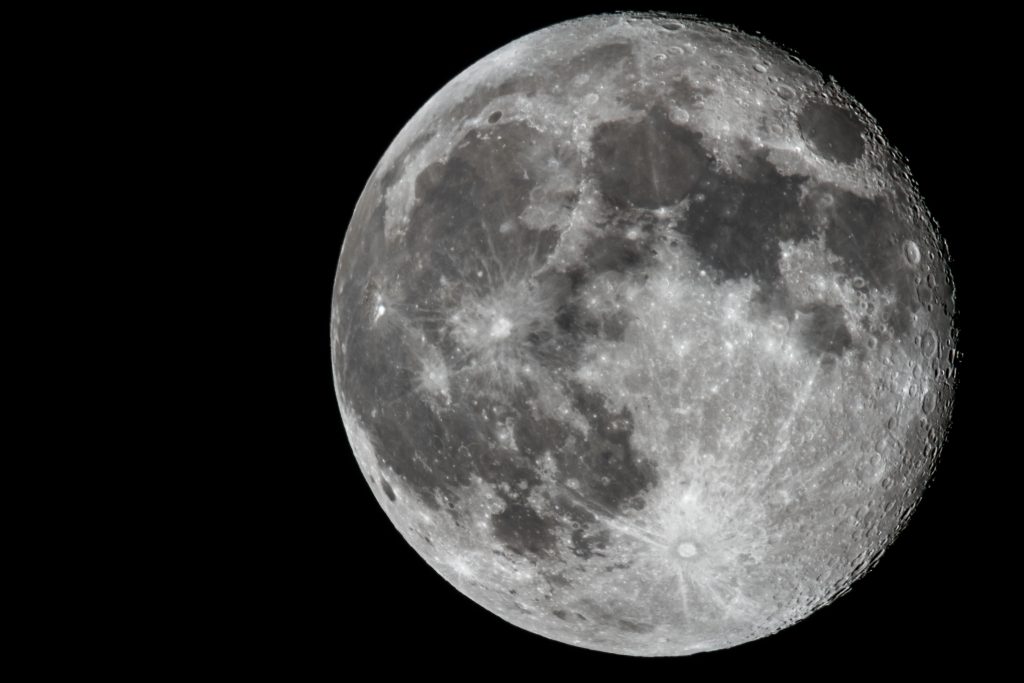China intends to build a lunar base from regolith, or soil, from the moon within the next five years, according to Chinese media reports. More than 100 scientists, researchers, and space contractors attended the Extraterrestrial Construction Conference in Wuhan, where they discussed ways to build infrastructure on the moon. Ding Lieyun, a scientist from the Chinese Academy of Engineering, stated that a team is building a robot named “Chinese Super Masons” to manufacture bricks from lunar soil.
The Chinese plan to use the base for long-term lunar exploration and will be built with the help of robots, including the “Chinese Super Masons.” The robot is expected to be launched during China’s Chang’e-8 mission around 2028. China also aims to retrieve the world’s first soil sample from the moon’s far side in a mission during 2025. Previously, in 2020, China had retrieved samples from the lunar near side with its Chang’e-5 mission.
The idea of building a lunar base has been introduced previously, and many scientists and researchers have been discussing it for years. A recent study published in the journal Communications Biology even described an experiment in which moon regolith samples collected during the Apollo missions were used to grow plants. For the first time, a plant, Arabidopsis thaliana, was experimentally grown and it thrived in the lunar soil samples.
However, China could become the first country to take the initiative and build a lunar base with moon soil. Ding states, “Building a habitat on the moon is needed for long-term lunar explorations and will certainly be realized in the future.” With China’s plan to establish a lunar research station on the moon, astronauts could stay on the moon for extended periods, which would be a significant achievement for space exploration.
While building a lunar base with moon soil is an ambitious project, it also presents many challenges, such as working with lunar dust, which can swirl around during launches or landings. Scientists and researchers will need to find innovative solutions to these challenges. China’s upcoming lunar base project will undoubtedly inspire other countries to explore the possibilities of lunar exploration further.
In conclusion, China’s plans to build a lunar base with moon soil in the next five years represent a significant step forward in space exploration. It would be interesting to see how the project develops and what innovative solutions scientists and researchers come up with to overcome the challenges of lunar exploration.


